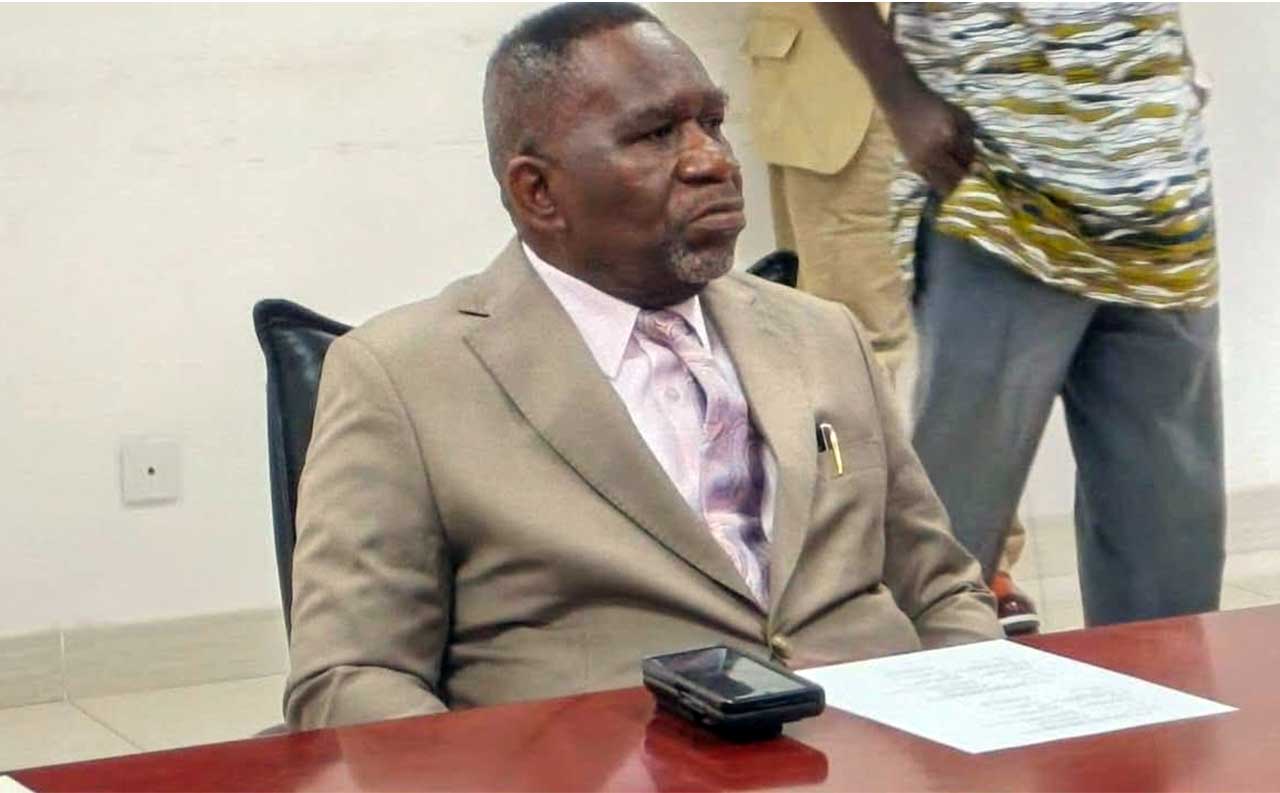The Executive Director at Center for Women & Children Empowerment (CEWCE) Patience Blay-Attoh has written an open letter to the Ministry of Health highlighting a critical juncture in the country’s healthcare including series of systemic failures that have exacerbated preventable mortality rates and compromised the well-being of its citizens.
Issues mainstreamed in the letter and needing urgent attention and action are, Poor Customer Service, Long Wait Times, Poor Communication, Disrespect and Lack of Empathy, Disorganization and Unprofessional Behavior.
Others are resource constraints including insufficient medical supplies and equipment, limited resources, adherence to protocols such as lack of adherence to standard treatment protocols and limited infection control practices.
Madam Blay-Attoh also listed challenges such as professional qualifications, inclusive of unqualified healthcare providers, lack of patient privacy and confidentiality, and transparency and accountability issues in terms of limited transparency- lack of clear information about healthcare services and decision-making processes which lead to confusion and frustration among patients, and poor follow-up which can result in deteriorating health conditions and preventable complications.
According to the letter, these personal experiences underscore the devastating impact these systemic issues have on patients, saying, friends and family members have suffered or lost their lives due to these deficiencies, highlighting the urgent need for reform, as many Liberians are unable to afford medical trips abroad, leaving them vulnerable to the shortcomings of the domestic healthcare system.
To address these pressing issues, Blay-Attoh called for a multifaceted approach including strengthening oversight and accountability; i.e enhance regulatory oversight bodies such as the LMDC, LMDA, and NPHIL should be empowered to enforce standards and monitor compliance rigorously, while implementing accountability mechanisms to address breaches and ensure that healthcare providers adhere to established protocols.
Another recommendation she made was the improvement of resource allocation. “Increase Funding: Advocate for increased government funding and allocate resources more efficiently to address gaps in medical supplies and infrastructure. Optimize Resource Use: Implement strategies to optimize the use of existing resources and reduce waste.”
She called for the enhancement of training and professional development such as requiring continuous professional development and training for healthcare providers to ensure adherence to best practices and protocols, as well as improving recruitment standards to ensure that only qualified professionals are employed in the healthcare system.
For patient care and communication, she called for the development of patient-centered care models that prioritize respect, empath and effective communication, and streamlining processes by implementing systems to reduce wait times and improve organizational efficiency within healthcare facilities.
She then recommended the Increasing of Transparency and Public Engagement by ensuring that healthcare practices and decision-making processes are transparent and accessible to the public, and engaging with communities in decision-making processes and feedback mechanisms to improve the quality of care.
“The letter to Liberia’s Minister of Health is a crucial call to action for addressing the systemic issues plaguing the country’s healthcare system. By implementing the recommended reforms and engaging with relevant regulatory bodies, Liberia can take significant strides towards improving healthcare delivery and reducing preventable mortality rates. It is imperative that these changes are made promptly to ensure that every Liberian receives the quality care they deserve,” she said.
This appeal, according to Attoh, underscores the urgency of these reforms and serves as a catalyst for much-needed change in Liberia’s healthcare sector. It is now up to the relevant authorities and stakeholders to act decisively and transform the healthcare landscape for the better.



